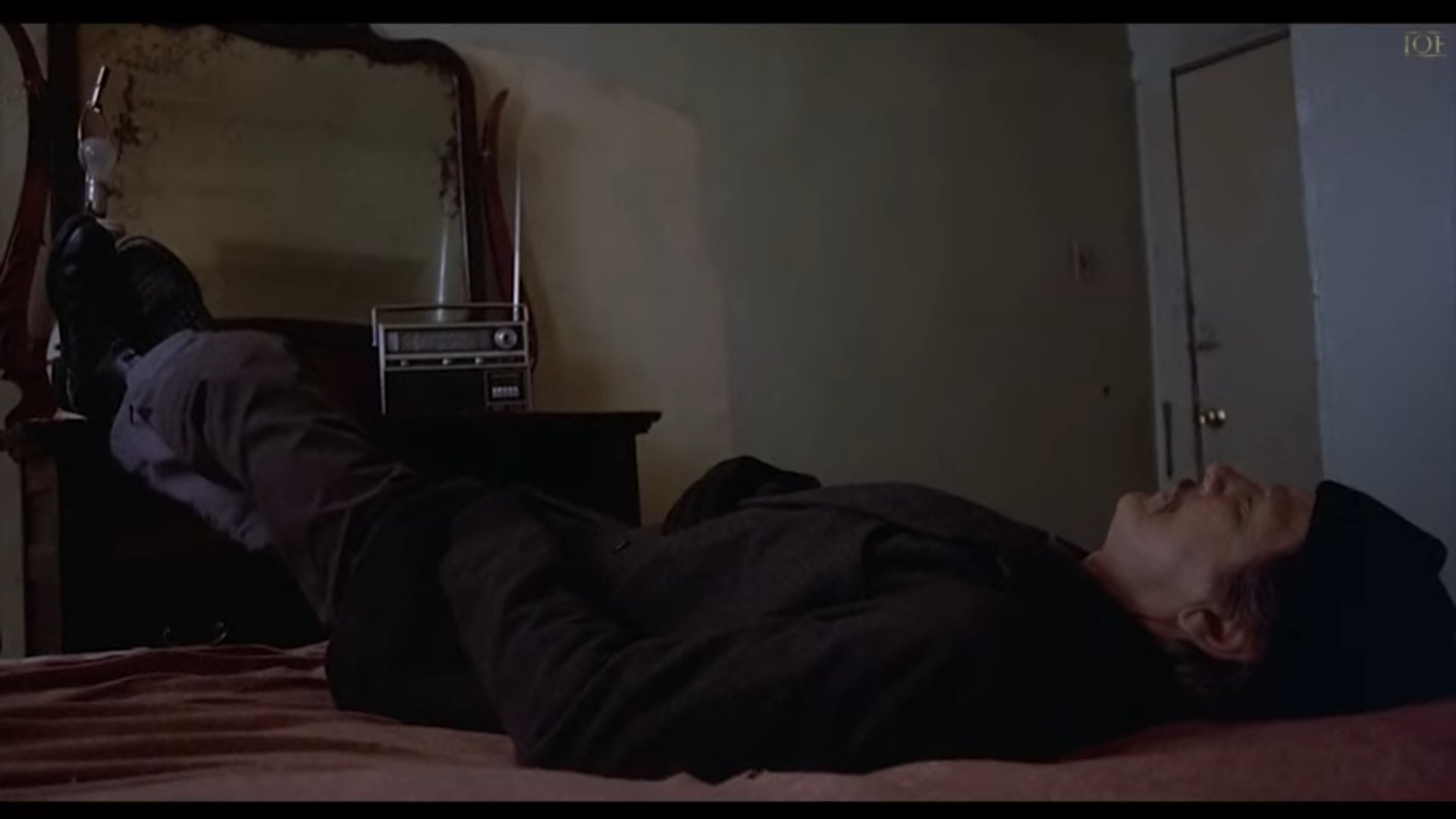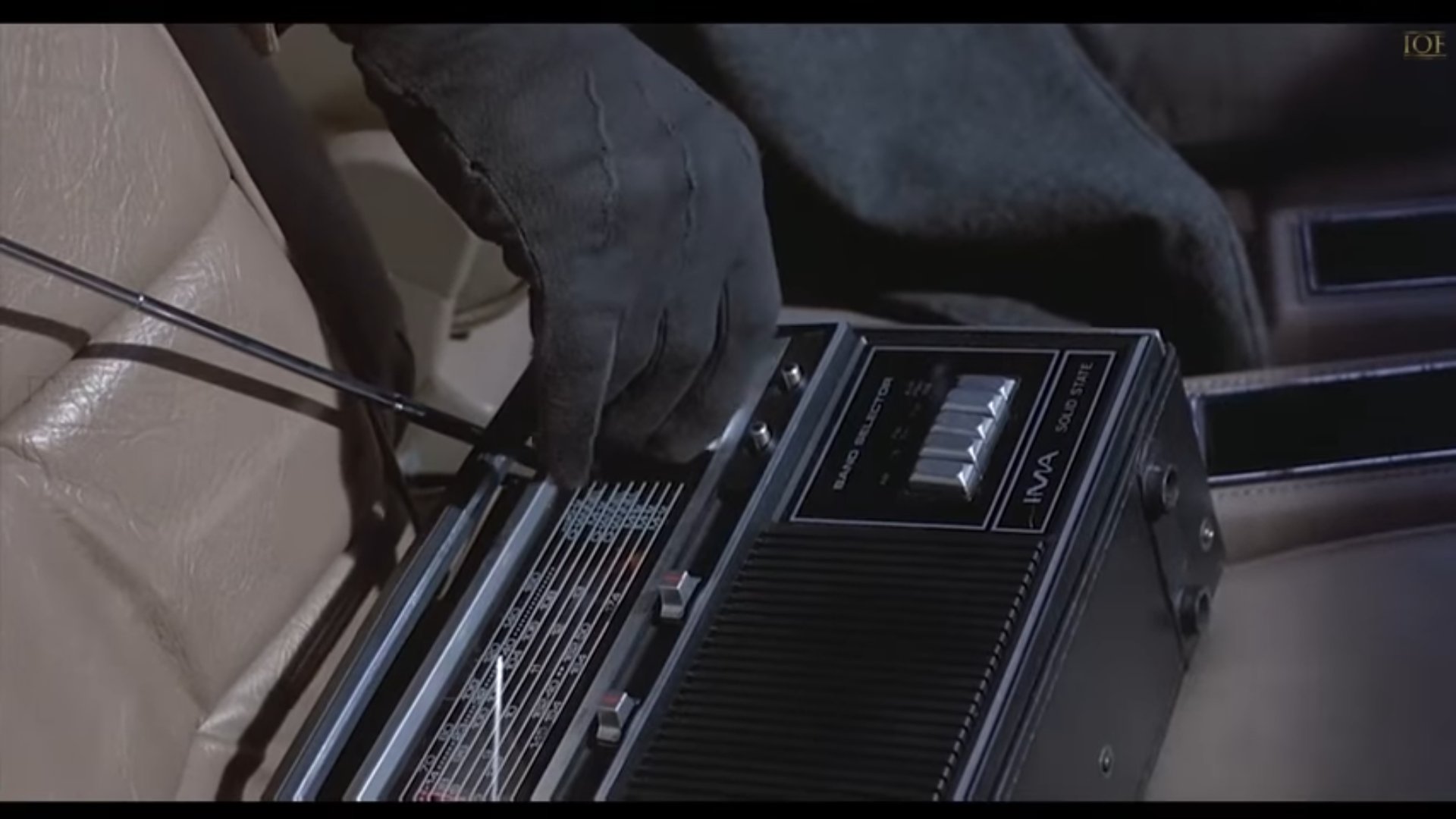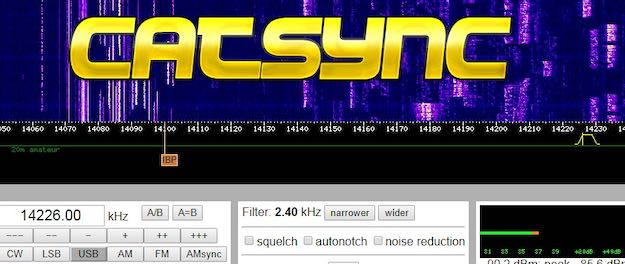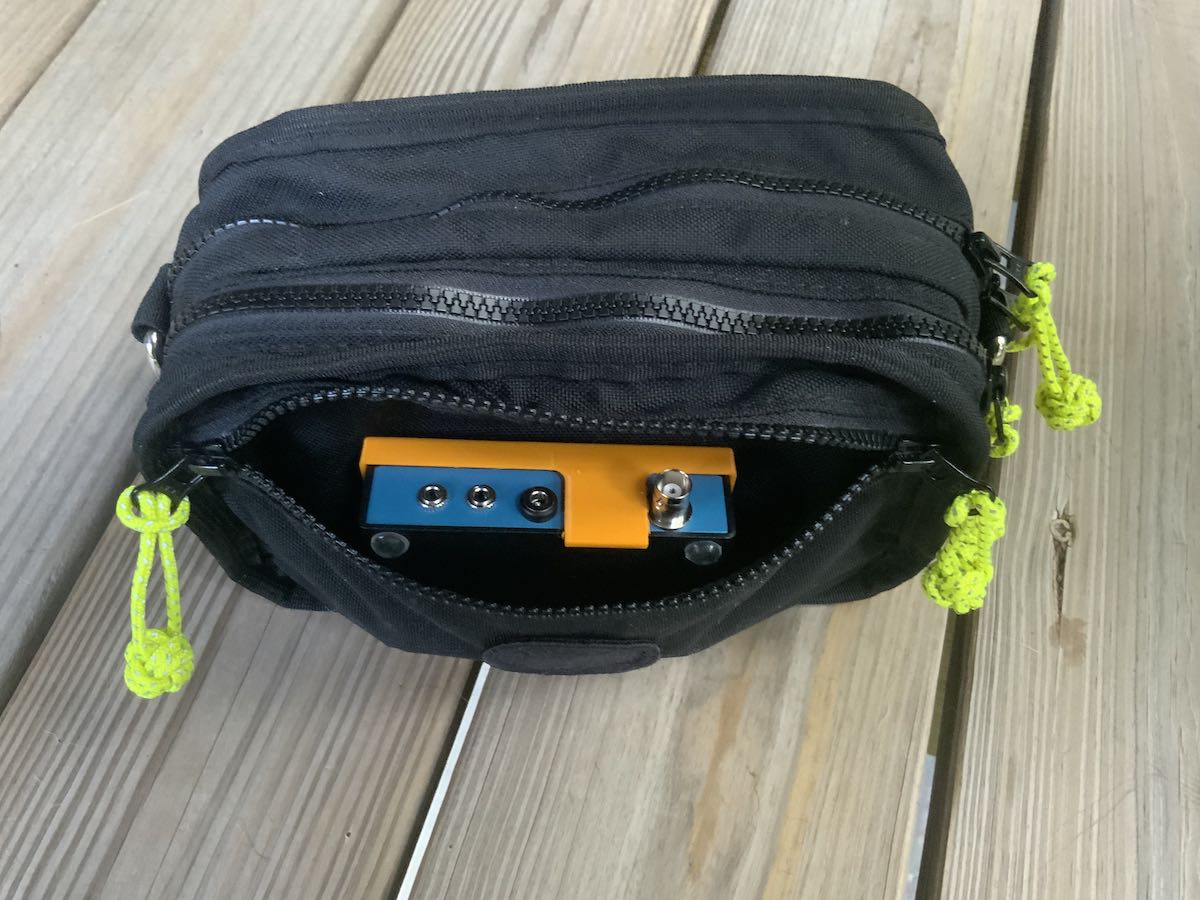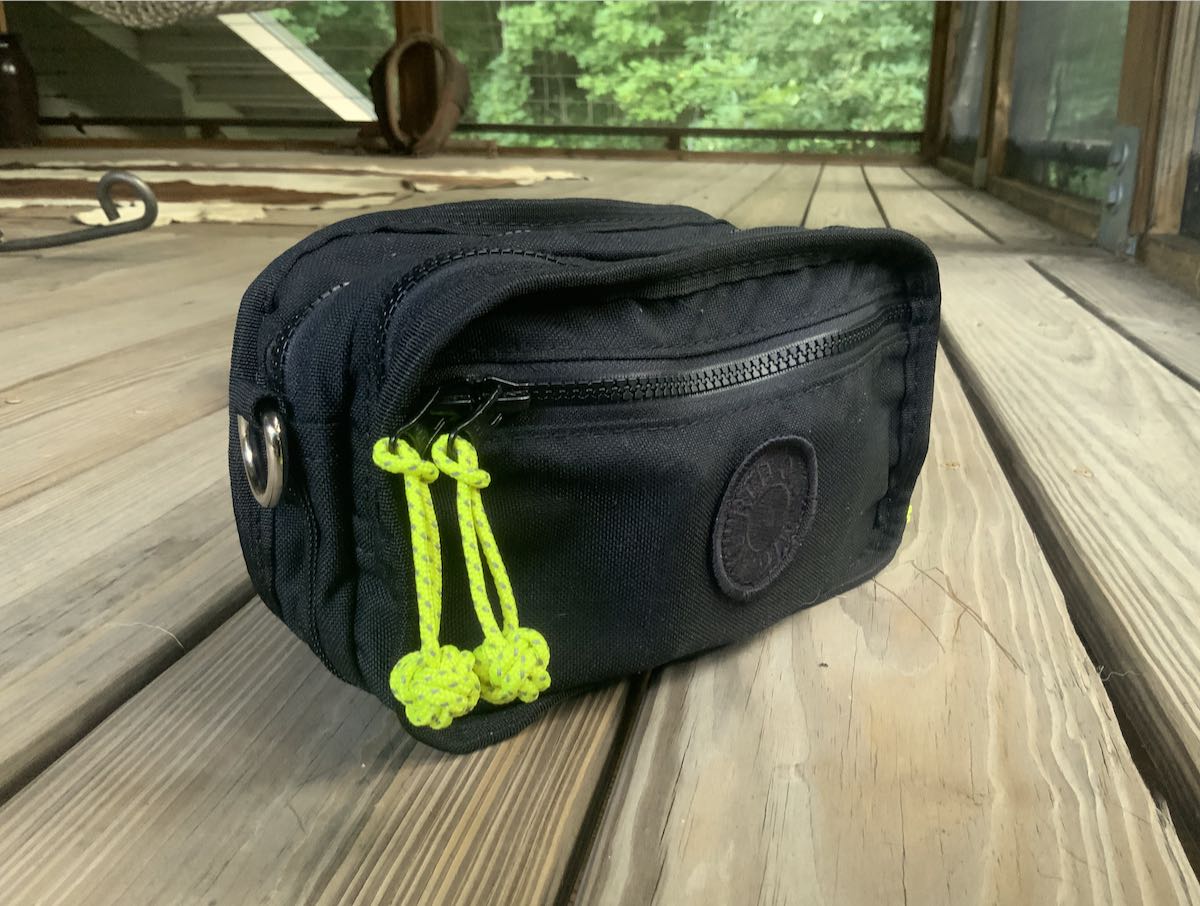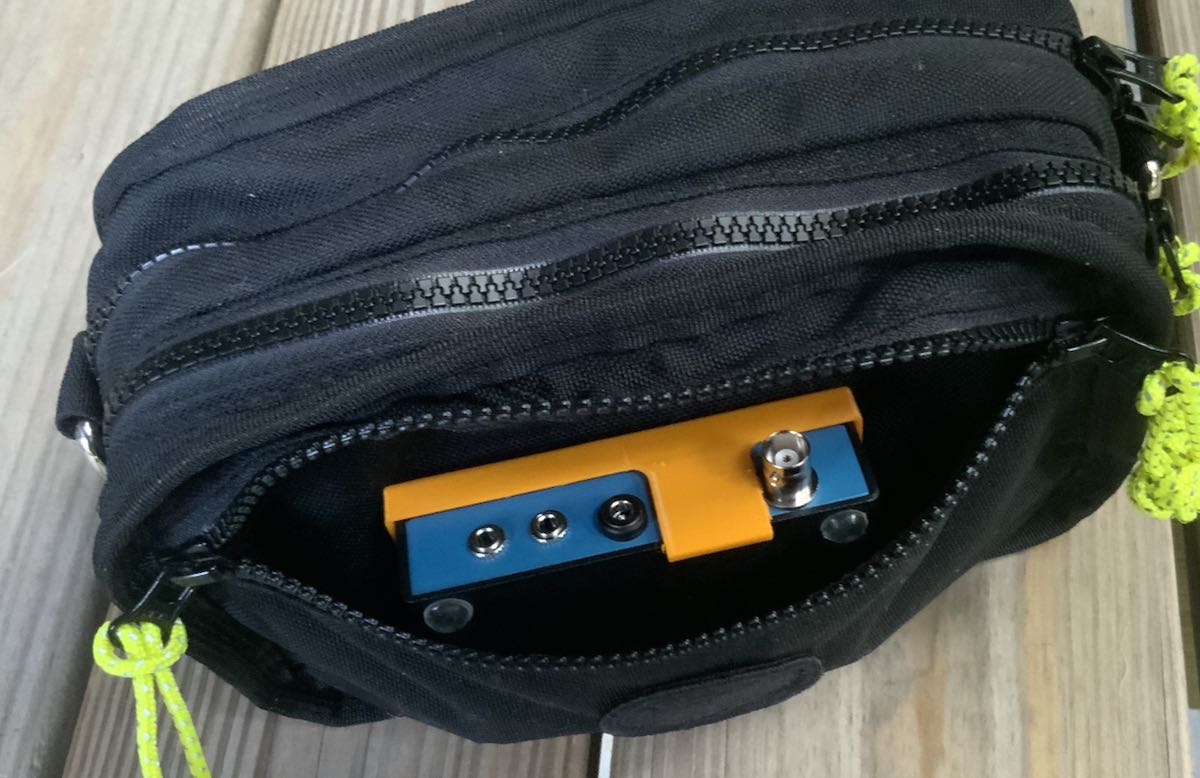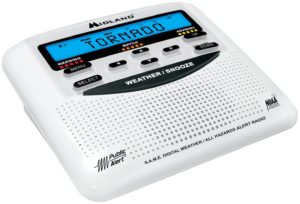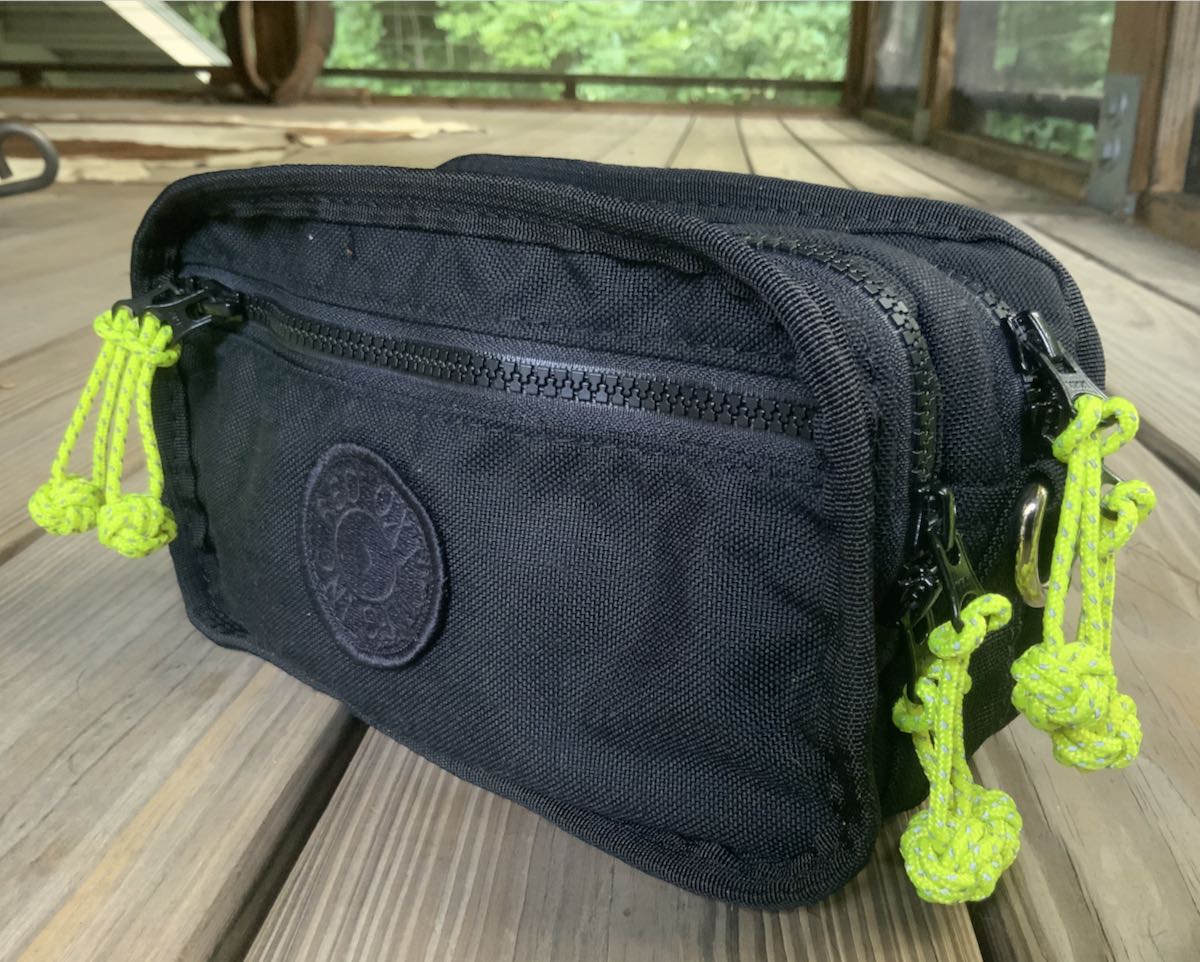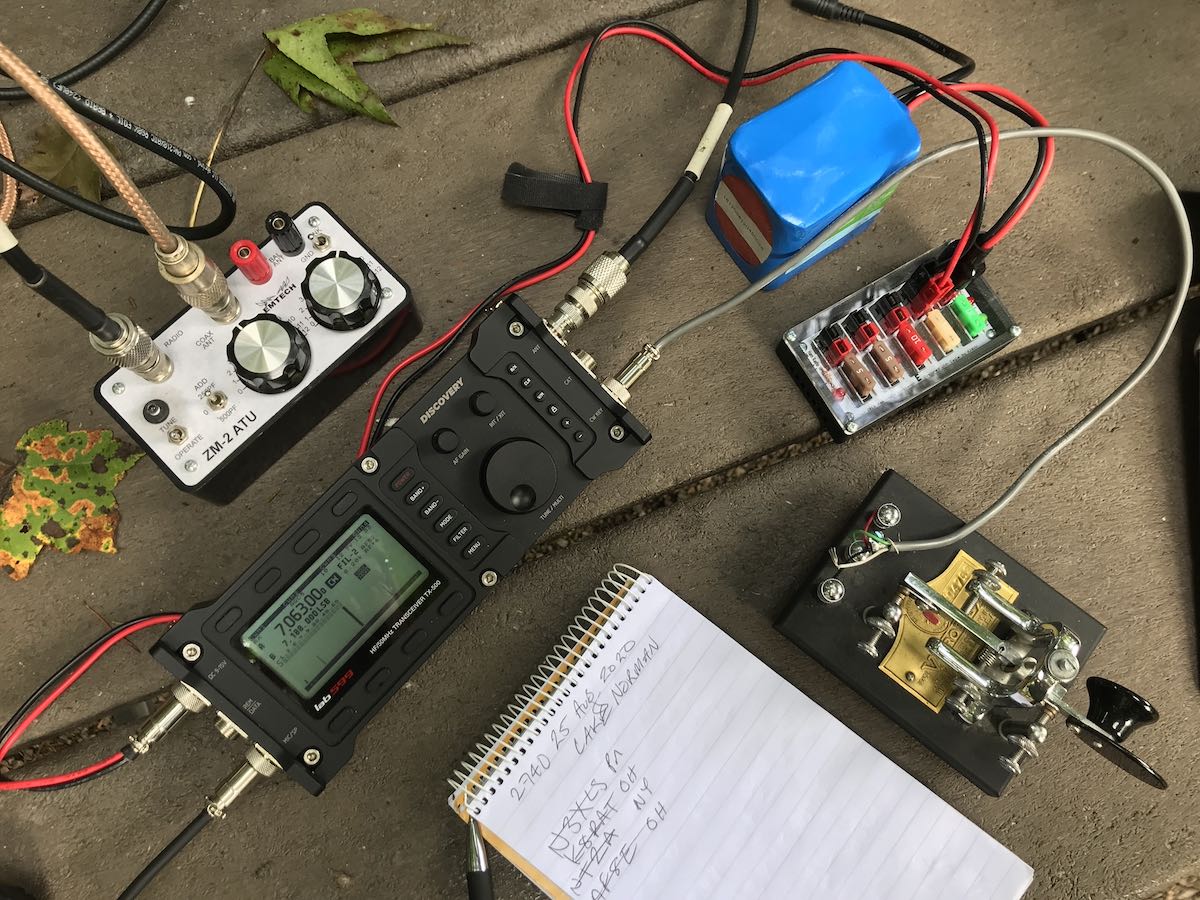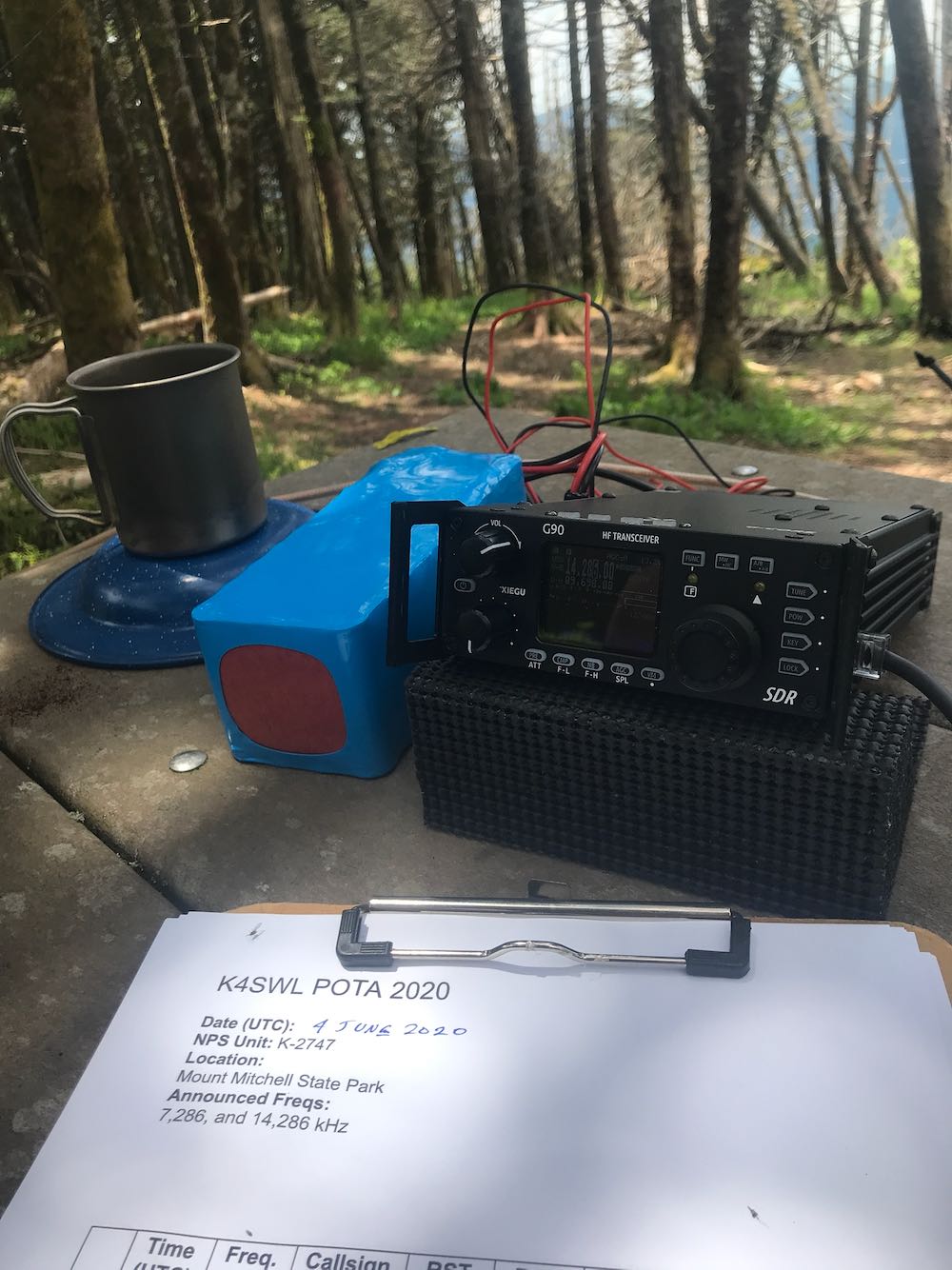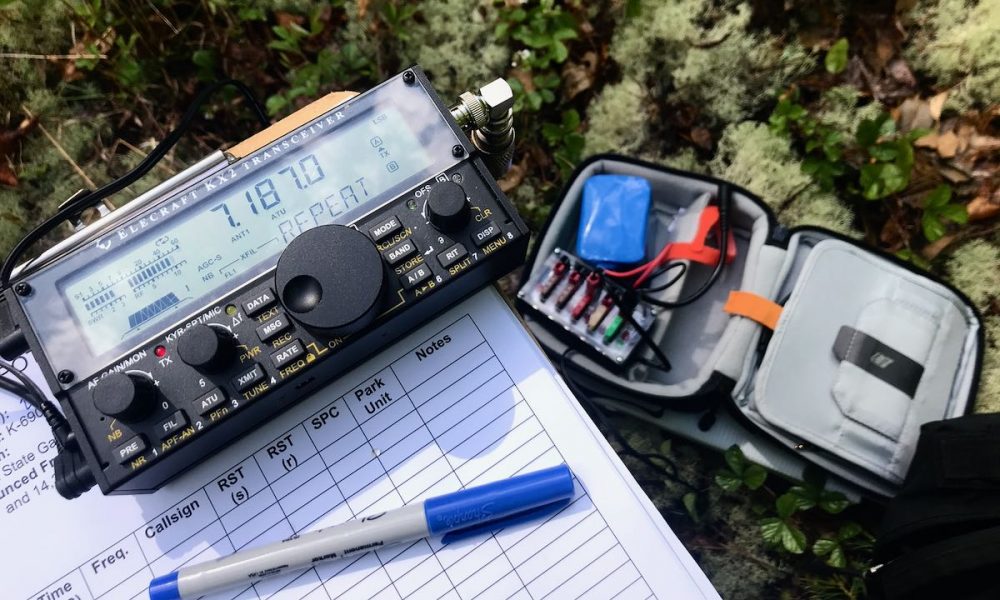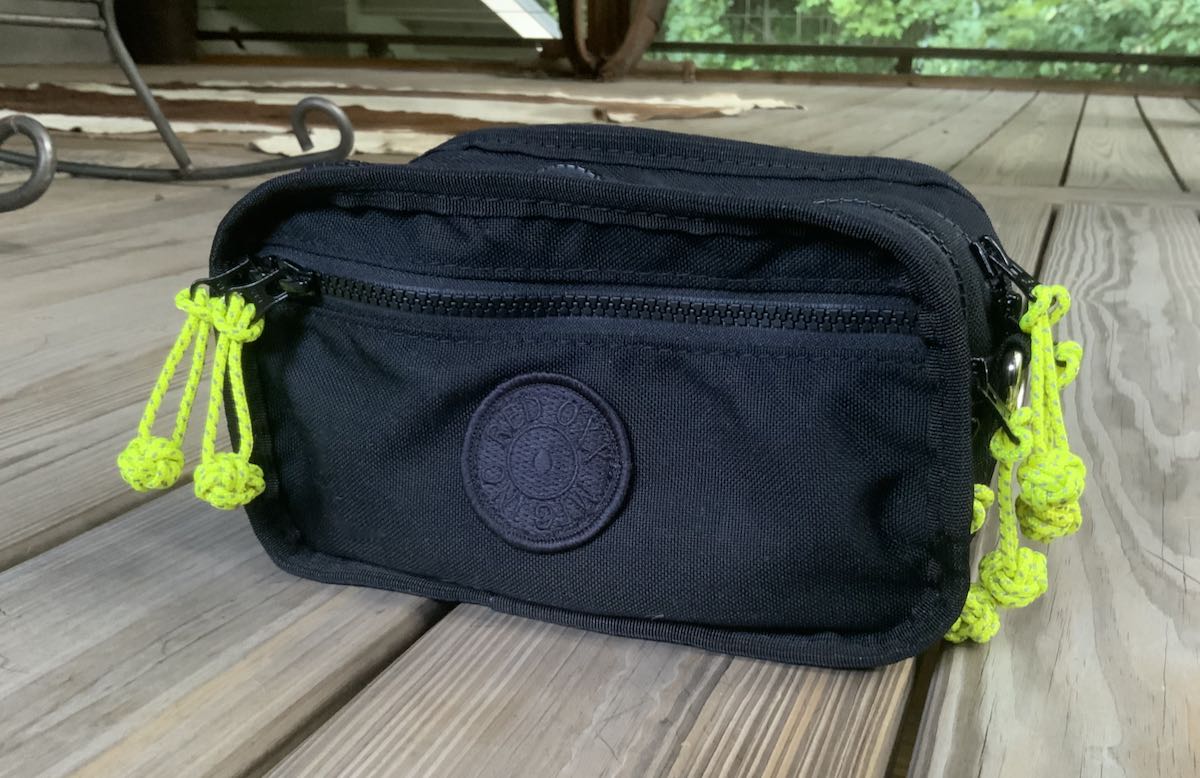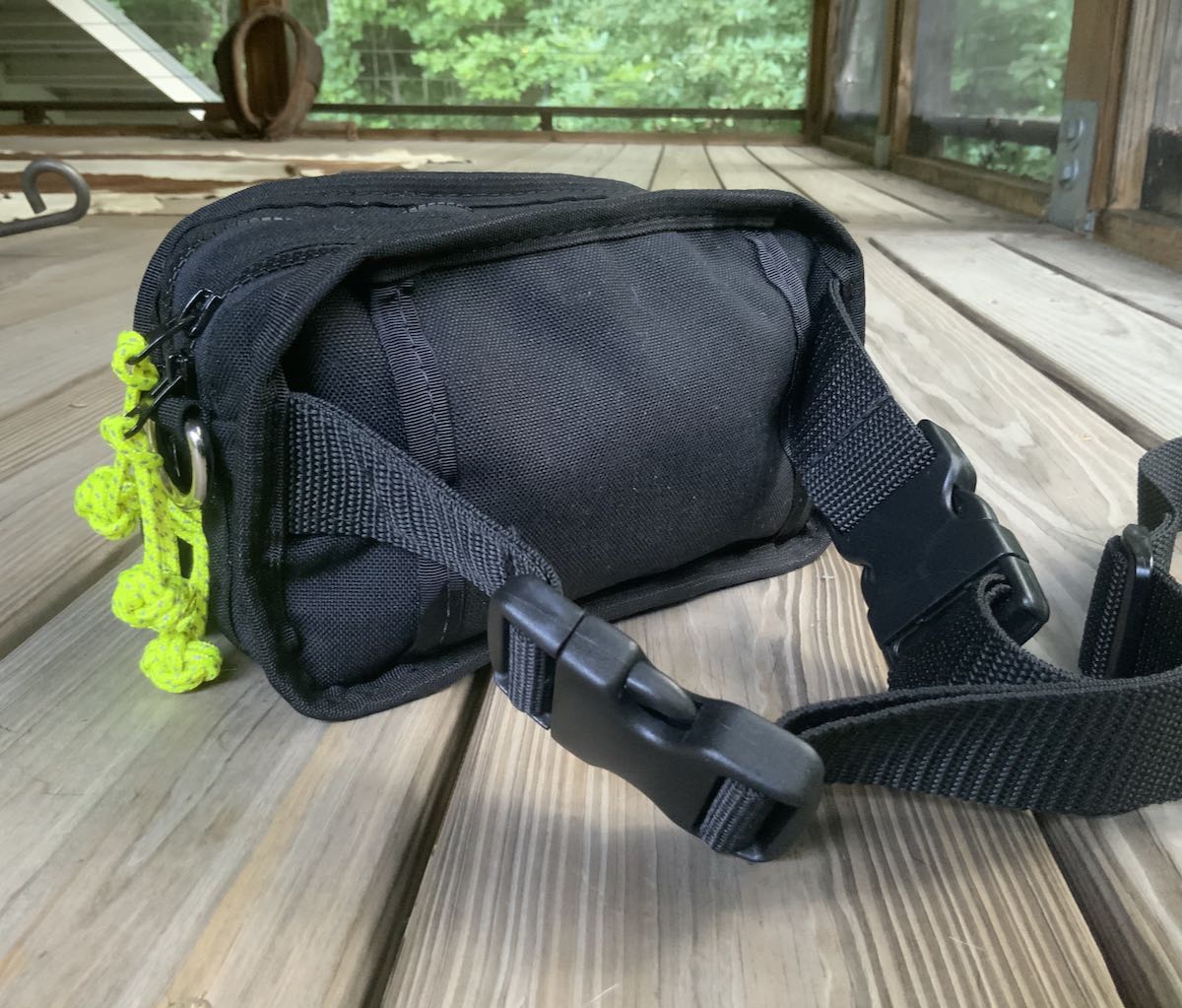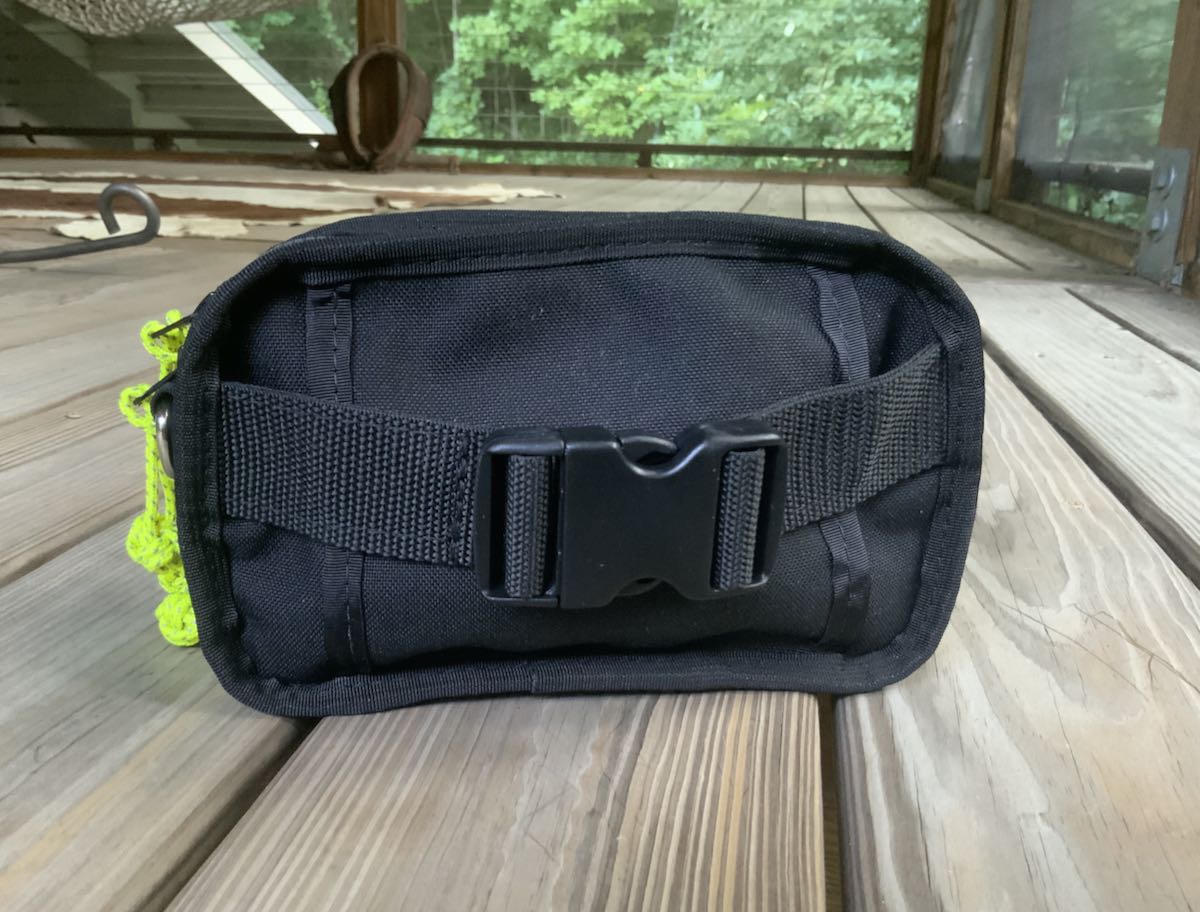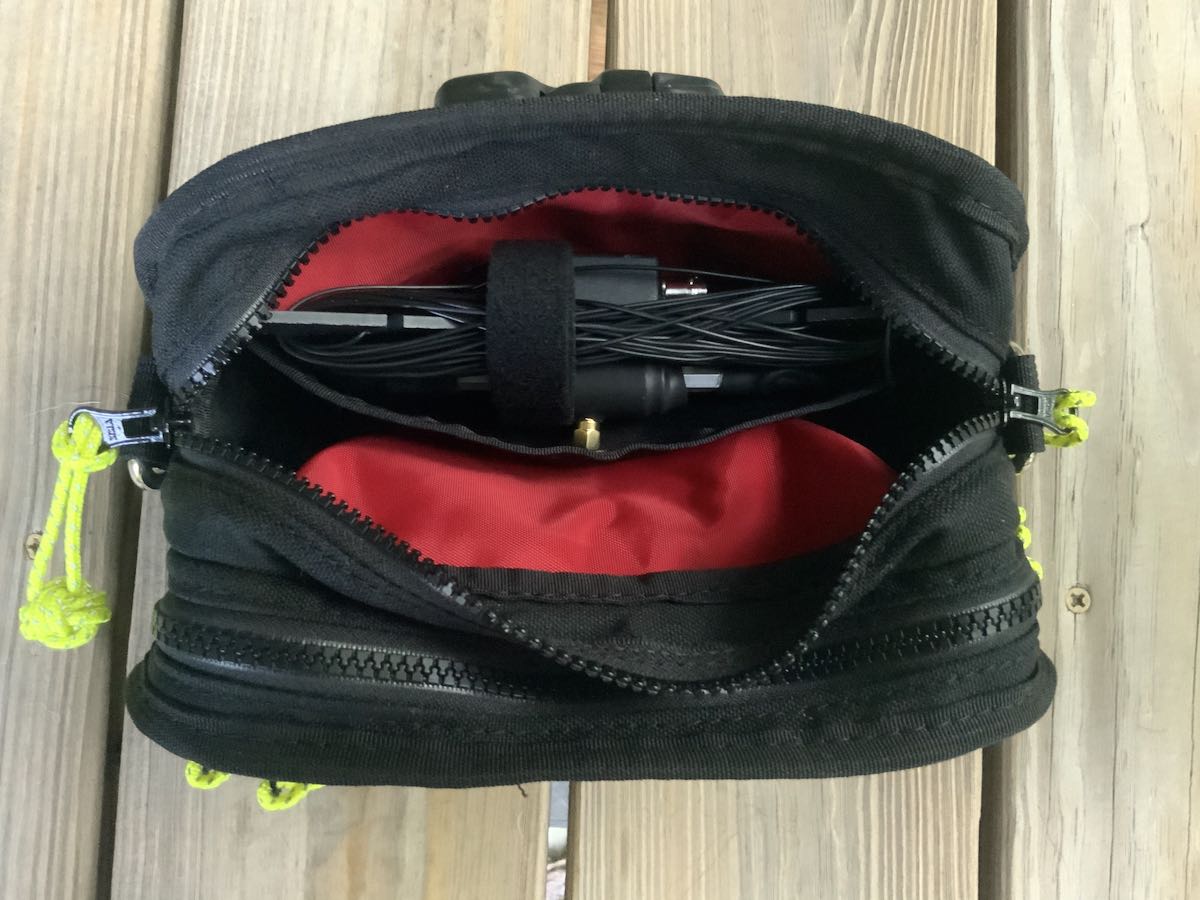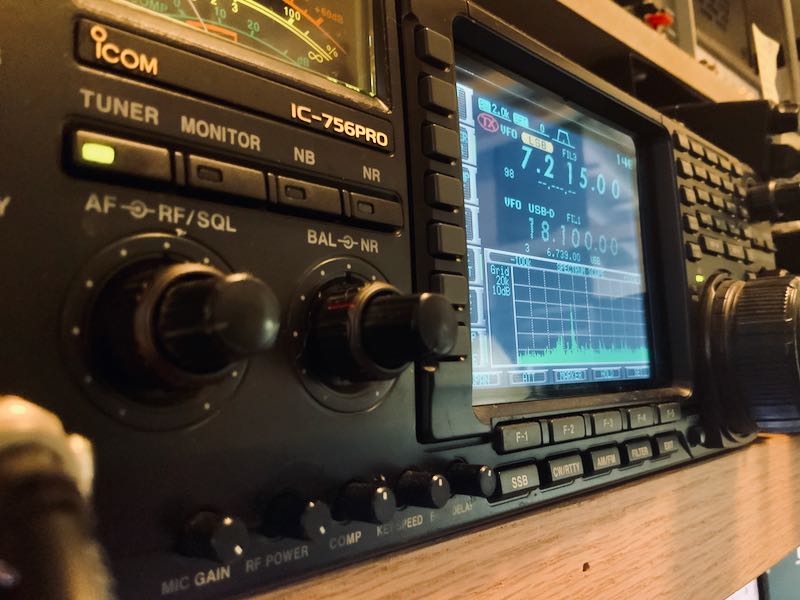 Radio Waves: Stories Making Waves in the World of Radio
Radio Waves: Stories Making Waves in the World of Radio
Because I keep my ear to the waves, as well as receive many tips from others who do the same, I find myself privy to radio-related stories that might interest SWLing Post readers. To that end: Welcome to the SWLing Post’s Radio Waves, a collection of links to interesting stories making waves in the world of radio. Enjoy!
Many thanks to SWLing Post contributors Rob (PE9PE), Bennett Kobb, Harald
(DL1AX), and Dennis Dura for the following tips:
Brazil proposes end of all amateur radio exams (Southgate ARC)
ANATEL, the Brazilian National Telecommunications Agency, recently published a public consultation, CP65, which is available at this link:
In their website, LABRE, the Brazilian Amateur Radio League, was surprised by the CP65 proposal that proposes, among other topics, the extinction of the COER (amateur radio certificate) exam for all classes and replacement by free access to initial class C, as is done today with the Citizen’s Band, as well as access to subsequent classes B and A upon presentation of the Certificate of Technical Course and Graduation in Telecommunications, respectively, or minimum stay of 3 years in each class.
In addition, the aforementioned proposal suggests ending the rules of different prefixes for each of the States of the Federation, remaining only the prefix per class and there would no longer be any special callsigns.
The proposal, in addition to going against what is consensus in the international regulation related to the Amateur Radio Service, is absolutely contrary to the LABRE’s thinking with regard to the minimum requirements to be a radio amateur and also does not match ANATEL’s request for support from LABRE in the revision of amateur radio regulations in Brazil.
For further clarification on the subject, LABRE has already requested a meeting with ANATEL, which will be scheduled soon.
PR7GA
Radio Engineer Files Objection to WIPE (DRMNA.info)
Story by Bennett Kobb:
On September 3, radio engineer Alex Pilosov of Shortwave Solutions filed with the FCC an objection to WIPE, the DRM-based HF station of Turms Tech of New York, presumed to be ready to broadcast from the Armstrong Tower in Alpine, NJ.WIPE is suspected to be intended mainly for secret, non-broadcast message transmission for private trading clients while broadcasting financial and economic news for the public.
WIPE is not yet operational. The station is waiting on its FCC license, but Pilosov took aim at possible glitches in its license application. He also raises the issue of whether U.S. shortwave stations can legally conduct non-public telecommunications in the broadcast bands in a service limited to broadcasting.
Pilosov is a consultant to HF stations in the Experimental Radio Service, which are not constrained by the broadcast rules; thus he or his clients are prospective competitors to WIPE. This is Pilosov’s second FCC objection. He also filed against the application of Parable Broadcasting for WPBC, a DRM HF station proposed for Batavia, IL.[…]
Radio in the Malvinas War (RAE)
In 2020 we celebrate the centenary of radio in Argentina. Such an event can be approached in various ways, since there are several milestones along this century of radio in our country. There are some events that are marked by fire in collective memory.
It is our intention to approach the celebration focusing on an event in which radio was in the spotlight: the 1982 Malvinas War, a conflict waged on various fields: military, economic, diplomatic and, of course, communications, mainly as a means of propaganda.
Most countries over time have recognised the great potential of radio as an effective instrument both in times of war and peace. Historically, Germany was the first country to use this for purely political purposes.
During WWII the broadcasts of Radio Tokyo, Radio Germany, the BBC in London and other stations were used for propaganda and military purposes by combatant nations.
The post-war period and the subsequent Cold War brought along a “war of the airwaves”. During these years, countless stations emerged with their own propaganda styles, looking to advance their social, political and economic systems.
An example of this are the broadcasts of Radio Moscow, Voice of America or Radio Beijing. Along with these stations, others of a clearly political nature emerged, such as Radio Free Europe and Radio Liberty, that targeted countries in Eastern Europe, as well as nations that became independent after the collapse of the Soviet Union. This group also includes the so-called clandestine stations, which generally broadcast secretly from conflict zones or from nearby regions or using rented transmission sites.
Before April 2, 1982, the Malvinas Islands had one radio station: the Falkland Islands Radio Service (FIBS) – with broadcasts in English. Content aired included locally-produced programs as well as news services of BBC London. It broadcast on 536 khz and 2370 khz.
The AM frequency was intended to cover the Port Stanley area, reaching a little further with SW transmissions.[…]
List of 48 Weatheradio Canada transmitting site proposed for decommissioning (Weatheradio Newsletter)
As mentioned in a previous post, Weatheradio Canada is considering shutting down 48 network transmitters across the country. SWLing Post contributor, Dennis Dura, recommends checking out the Weatheradio Canada Newsletter for updates.
He also forwards the following list of sites that are proposed for decommissioning. Click here to download the list as a PDF.
Do you enjoy the SWLing Post?
Please consider supporting us via Patreon or our Coffee Fund!
Your support makes articles like this one possible. Thank you!


